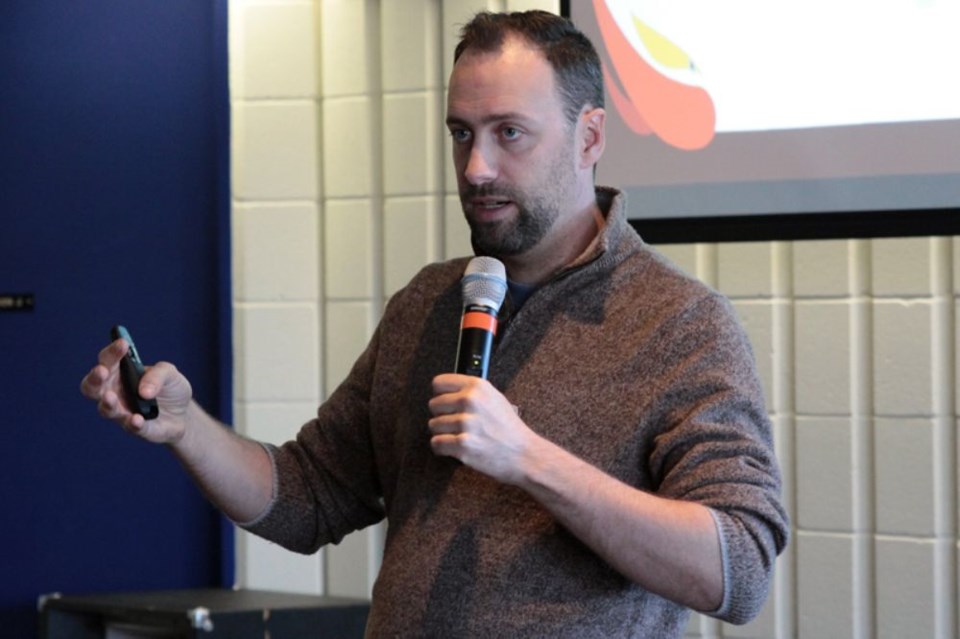Now that the Truth and Reconciliation Commission has presented its recommendations to Parliament, it’s time for Canadians to determine how its findings will change our national character.
The National Centre for Truth and Reconciliation brought residential school survivors together with academics and institutions at Lakehead University on Monday as part of an intensive consultation tour that will inform its mandate for the next step in reconciliation.
“The status quo we’ve had in this country needs to change. It hasn’t worked and what we’re looking to do now is to make transformative change,” said centre director Ry Moran.
“We’ve got a collective amnesia for this information so our education approach is really trying to focus on a holistic model so that we can more than just incremental change but a step change – a transformative change.”
After having conducted 1,000 interviews with residential school survivors, Moran knows the sensitivity of certain experiences. He’s trying to achieve a balance between educating the public without re-victimizing survivors.
University of Manitoba were taking notes throughout the day to compile Thunder Bay’s wishes in their final report. Moran ultimately wants the indigenous peoples and communities to lead the process.
“We need to recognize that they (indigenous peoples) have gone through a ton and they’ve gone through some really horrible experiences. Part of the whole residential school process was the forced removal of their kids. In our approach of respect, part of that means empowering indigenous people to have a say in what happens next.”
Harvey Yesno told the commission about the experiences that made him a survivor of two residential schools. He went on to become the Grand Chief of Nishnawbe-Aski Nation from 2012 to 2015 and saw the community-wide and inter-generational impacts of residential schools across Ontario’s Far North.
“We shouldn’t use it as a crutch to beat people over the heads with it because we need to move on,” he said.
“When I figured out the impacts residential schools had, I made a decision to change the way I behaved, how I raised my children, how I related to people, some personal bad habits I had.
“I could have just blamed the university, the churches and our government for that but I made some decisions and the key one was I wanted to get an education. I was looking after myself and one of the ways to do it was get an education and raise my family.”
Yesno also saw a period of historic cultural and linguistic reclamation. Young Cree and Anishinaabe people are feeling more proud and culturally centred on reserve while the urban Aboriginal population is meeting institutional goodwill in Thunder Bay.
“I’ve got children now, I’ve got grandchildren along with my nieces and nephews that have children so I have to remain positive, Yesno said.
“Despite all that has gone on, we all need to be contributing to a better life for the next generation.”
